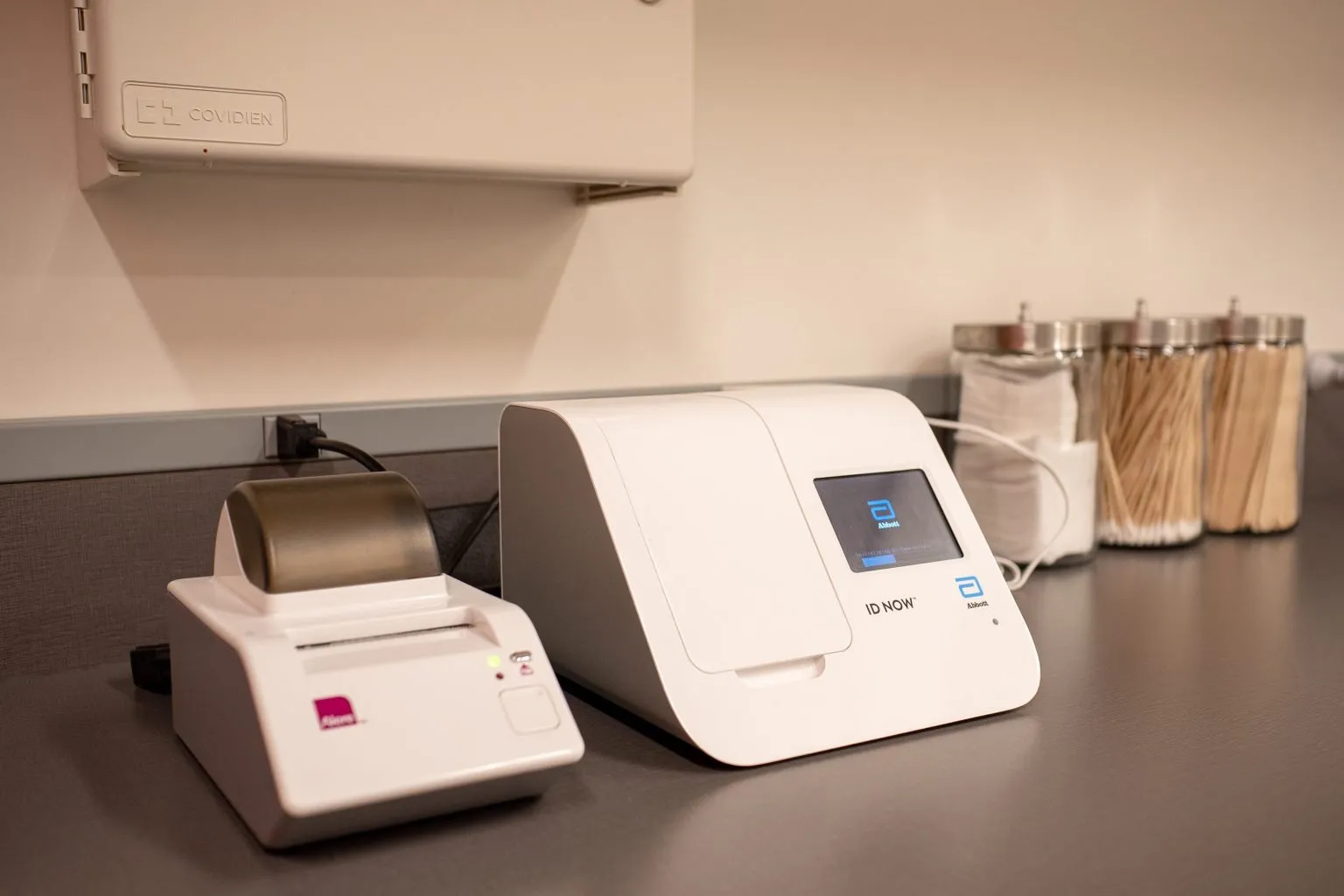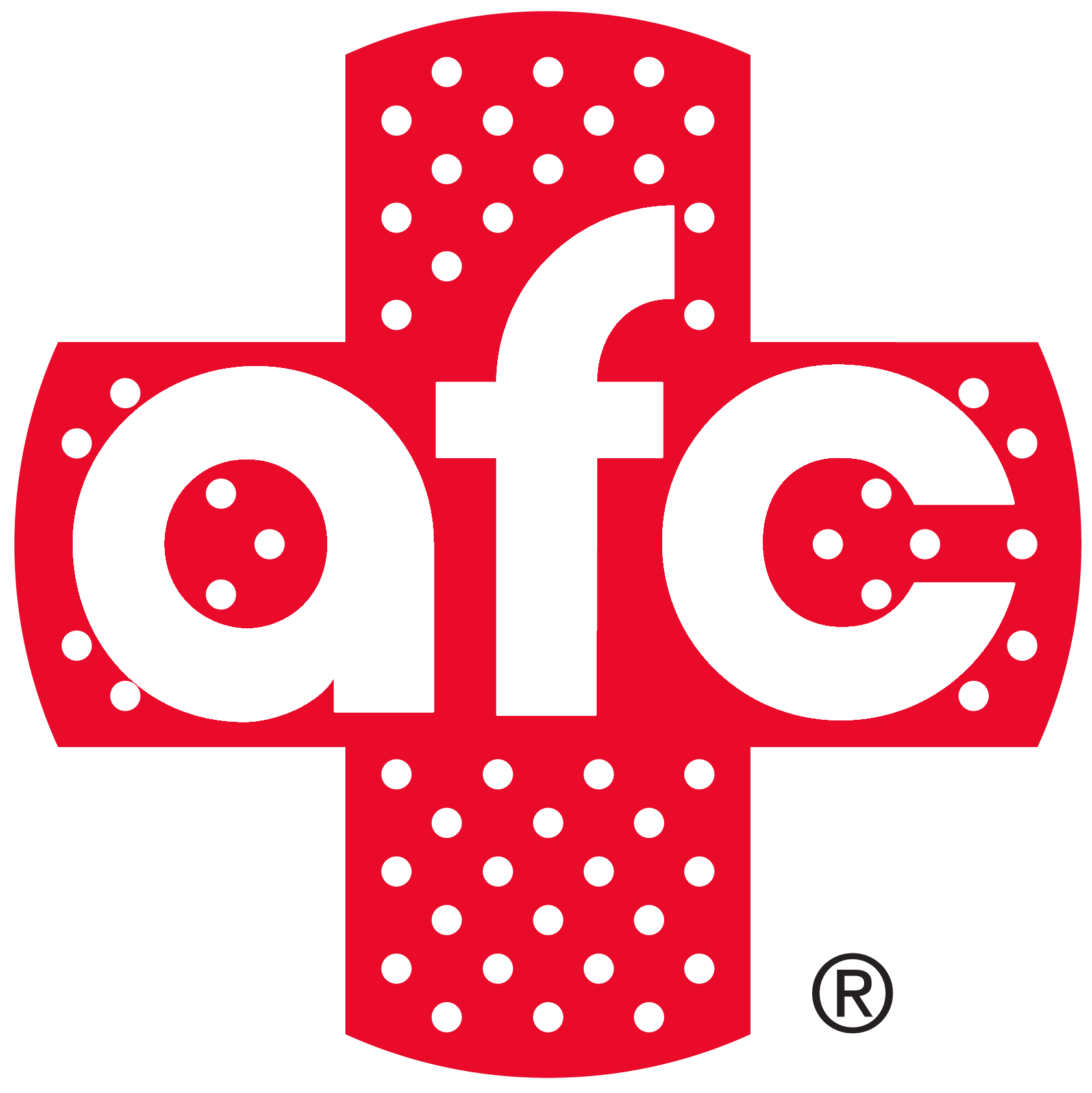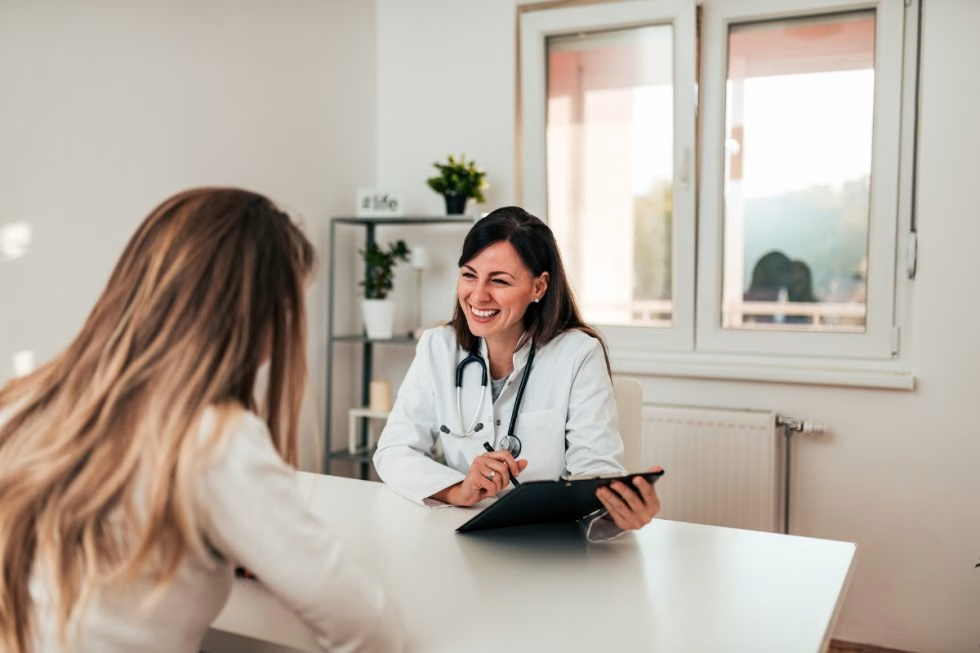Find The Location Nearest Covid-19 Testing
We think you’re located in zip code 37405. Not Right?
Chattanooga-Northshore RSV Testing & Treatment Near Me
Looking for RSV testing near Chattanooga-Northshore? AFC Urgent Care has the most accurate rapid test for RSV near you. You can get your results within 30 minutes after your visit. Most insurance companies will cover the cost of the test.

Table of Contents ▼
- Is RSV testing available at AFC Urgent Care?
- What is Respiratory Syncytial Virus (RSV)?
- Common RSV Signs and Symptoms
- Who is at risk for RSV?
- Should I get tested for RSV?
- What to Expect During an RSV Test
- Do I need to prepare for the RSV Test?
- Are there any risks to the test?
- Understanding Your RSV Test Results
- Is there anything else I need to know about an RSV test?
- Are there any anti-viral medications like Tamiflu to treat RSV?
Is RSV testing available at AFC Urgent Care?
Yes. We provide state-of-the-art Rapid RSV Testing to ensure your well-being is maintained. Our advanced Rapid RSV Test is highly precise, which notably minimizes the risk of encountering inaccurate results when compared to other rapid testing methodologies. This analysis is also commonly referred to as RT-PCR testing.
During the Rapid RSV Test, an AFC provider will collect a nasal fluid sample, then the sample will be analyzed for specific RSV viral proteins known as antigens. These antigens prompt your immune system’s response against the virus. Typically, results are delivered within approximately half an hour. Visit our urgent care for walk-in testing – no appointment is necessary.
AFC Urgent Care treats patients ages 6 months and older.
What is Respiratory Syncytial Virus (RSV)?
Respiratory syncytial virus (RSV) is a very contagious virus that is known to cause severe respiratory illness in young children in the United States. It is highly contagious and can be spread through contact with saliva, mucus, or blood, as well as surfaces and objects contaminated with the virus.
RSV leads to approximately 58,000 hospitalizations and 100 to 300 deaths among children under the age of 5 each year, according to the Centers for Disease Control and Prevention. It is important to be aware of the risks associated with RSV and to take the necessary precautions to protect your children from the virus. This includes washing your hands frequently, maintaining a clean living environment, and avoiding contact with infected individuals.
Our medical team is dedicated to protecting children from the risks of RSV. If you or your child contracts RSV, it is critical to seek medical assistance as soon as possible. Early diagnosis and treatment can reduce the severity of the illness.
Common RSV Signs and Symptoms
Respiratory Syncytial Virus (RSV) is a serious illness that can cause breathing problems in infants, young children, and adults. If you suspect that your child has RSV, it is important to seek medical treatment immediately. The following are some of the most common symptoms of RSV in infants, children, and adults:
RSV Symptoms in Infants:
- Fever
- Coughing
- Chest pain
- Acting cranky or irritable
- Moving less than usual
- Lack of appetite
- Pauses in breathing
RSV Symptoms in Children:
- Fever
- Wheezing
- Serious cough
- Breathing faster than normal or trouble breathing
- Blue skin color
RSV Symptoms in Adults:
- Runny nose
- Cough
- Headache
- Fatigue
- Fever
If your child is six months or older and is experiencing any of these symptoms, it is important to visit AFC Urgent Care for diagnosis and treatment. Our medical team will provide the care your child needs to feel better in no time.
Who is at risk for RSV?
It is important to be aware of higher-risk groups and individuals so you can take extra precautions to protect yourself and your loved ones.
High-risk groups for RSV include:
- Infants, particularly those 6 months and younger
- Older adults, especially those 65 years and older
- People with heart or lung diseases
- People with weakened immune systems
If you or someone you know falls into one of these high-risk categories, it is especially important to take steps to protect yourself and your loved ones from RSV. This includes getting vaccinated, washing your hands often and avoiding contact with people who are sick. Additionally, avoid crowded places and practice good respiratory hygiene, such as covering your mouth and nose when coughing or sneezing.
Should I get tested for RSV?
If you’re dealing with a severe runny nose, sneezing, or headache that feel worse than the common cold, you likely need to get tested for RSV. If you’re an infant, younger child, or an adult over age 65, and you have moderate or serious RSV symptoms, it’s important that you get tested.
If you are experiencing more serious symptoms such as fever, wheezing, a serious cough, breathing faster than normal, or difficulty breathing, it is important to get tested for RSV. In infants less than six months old, the only symptoms of RSV may be crankiness, decreased movement, lack of appetite, and pauses in breathing.
If you or your child experience any of these symptoms, contact your doctor or AFC Urgent Care right away.
What to Expect During an RSV Test
Wondering what to expect during an RSV test? It’s simple. A health care professional will use a special swab to take a sample from your nose. It’s best to get tested during the first few days after symptoms begin, as the amount of the virus in your nose decreases over time, which may make test results less accurate.
Do I need to prepare for the RSV Test?
If you’re planning on getting an RSV test, you don’t need to worry about any special preparation. The test itself is quick and easy and requires no special preparation or steps. All you have to do is show up and get tested.
Are there any risks to the test?
RSV testing is a very safe procedure. The only side effect that you may experience is a feeling of discomfort when your nose is swabbed. This feeling usually passes quickly and is not dangerous. You can rest assured that RSV testing is a safe and effective way to detect the virus. If you have any questions or concerns, please talk to your AFC provider.
Understanding Your RSV Test Results
The Rapid RSV test is a useful tool for diagnosing Respiratory Syncytial Virus (RSV). If the test results are negative, it is possible that another illness is causing your symptoms. However, it is important to note that false negatives can occur, and your AFC provider will provide you with additional information. If you are still experiencing symptoms of RSV, please contact your provider for further testing and treatment.
A positive result indicates that you probably have a respiratory syncytial virus infection. This is especially important to know if you are a baby, young child, or elderly adult, as these individuals may require further treatment, such as oxygen and intravenous fluids.
Is there anything else I need to know about an RSV test?
If you or your child are experiencing symptoms of RSV, it’s important to know if you need to be tested. Most healthy adults and children with RSV will get better in 1-2 weeks without testing, so your provider may not recommend a test. However, if you are in a high-risk group, such as an infant, an elderly person, or someone with a weakened immune system, your provider may recommend an RSV test.
Are there any anti-viral medications like Tamiflu to treat RSV?
Although there are no prescription antiviral drugs currently available to treat the virus, there are a number of over-the-counter medications and home remedies that may help alleviate your symptoms.
At AFC, we recognize how disruptive and uncomfortable RSV can be. That’s why we offer our assistance in recommending the most effective over-the-counter medications and home remedies. Most healthy adults and children will recover from RSV in 1-2 weeks with proper care. In the meantime, drinking plenty of fluids and following your provider’s advice can help you feel better sooner.
If you or a loved one is suffering from RSV, visit AFC Urgent Care of Chattanooga-Northshore today. Our experienced providers are here to help you get back to feeling your best.
 How Can We Help?
How Can We Help?
- PATIENT SERVICES
- COVID-19 SERVICES
- TELECARE
- EMPLOYER RESOURCES
- PATIENT RESOURCES
- ABOUT US
AFC Urgent Care FAQs
-
When should I choose urgent care?
If you’re dealing with a pressing, non-life-threatening medical issue and don’t want to see a doctor, urgent care could be for you. AFC walk-in clinics are able to see patients dealing with allergic reactions, broken bones, colds and flus, and much more.
-
Do I need insurance to visit AFC?
At AFC we offer very competitive rates for self-pay urgent care and walk-in clinic services. We understand that not everyone may have an insurance plan and we make sure that our out-of-pocket patients are given the same high-quality medical treatment that we give to all our patients.
-
How long will my visit take?
The main advantage of choosing AFC is our short wait times – often under 15 minutes. The total length of your visit will depend on what you’re being seen for, but many patients can be in and out of our clinics in around 30 minutes.
Q&A You Want to Answer?

Don't wait to get the medical attention you need.
CALL US TODAY | (423) 259-5997


